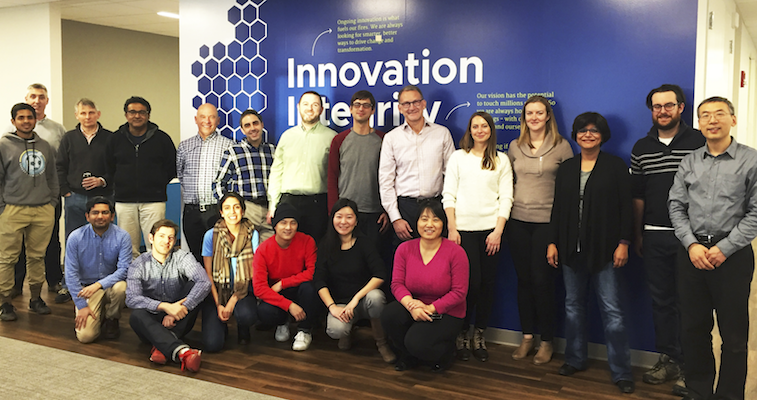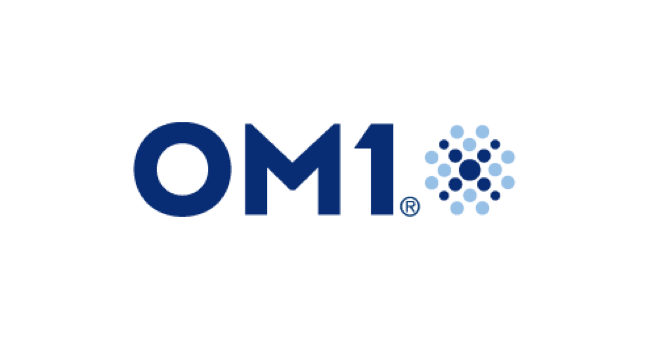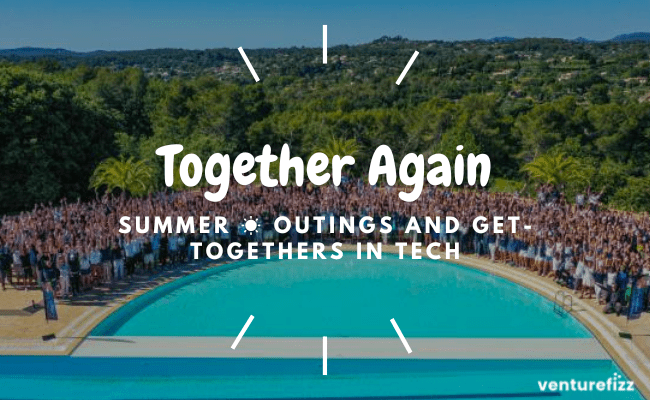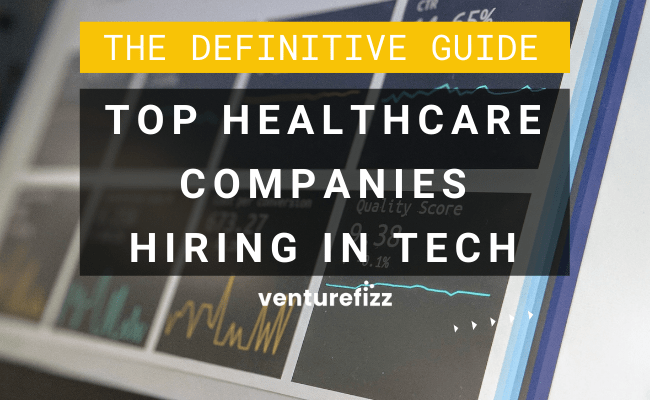Sometimes, healthcare can be a scary place. If you have a condition and need treatment, you want the best care possible, but how do you know, for instance, which of the many drugs out there is the right one for you? Of course, you should trust your doctor first and foremost, but wouldn’t it be nice if there was some way to know which treatments would statistically result in the best outcomes possible?
OM1 is a Boston-based healthcare company whose data-driven cloud platform helps healthcare providers and stakeholders compare, measure, and predict treatment outcomes either by individual or population.
Since its founding in 2015, the company has raised $36M across two rounds: a $15M Series A last April led by General Catalyst, and a $21M Series B led by Polaris Partners this May. I had the chance to speak with Founder and CEO Rich Gliklich about the company’s past and present.
The excerpts below have been shortened for brevity.
Tell me about your background.
The first company I founded was called Outcome. It actually started as a spin-off from my research lab at Harvard where I'm a practicing surgeon, but my research background has been around understanding outcomes in healthcare.
That company focused on trying to understand outcomes, but the problem was that it took a lot of effort to be able to bring the data together. We didn't really have the big data technologies, AI capabilities, and so on that we have today, so it was a lot more manual and a lot more effort.
But what happened after 2008 was that healthcare data started getting much more digitized and at the same time, you have all these groups that created big data capabilities and large data sets together. On top of that, my own research work was moving towards trying to measure outcomes across many, many different types of conditions. At that time, you could do it, but it was very hard to do, and it was hard to create value without what now became artificial intelligence.
My first company was acquired by a large contract research organization called Quintiles [now IQVIA]. I spent a couple years there, and then worked with General Catalyst looking at healthcare IT and big data healthcare companies, which was great and I got to see a lot of different technological capabilities.
And then I came back to realize a few years ago that now might actually be the time where we can make the understanding of outcomes so broad and pervasive—not just restricted to simple questions that have a lot of funding behind them. That we could democratize that kind of information and make it available at scale if we can bring together and digitize healthcare data.
The idea was that healthcare results really matter. Could we produce those results broadly? And coming to the realization that we maybe could, was enough of a beginning point to get OM1 started, because the opportunity to do that is not just a financial opportunity, but the opportunity in terms of improving human conditions—is so massive that how could you not move forward with it? And that's what led to the initial funding with General Catalyst, and subsequently Polaris.
So where do things stand with the company now?
We created a platform that consumes an enormous amount of healthcare information and processes it to be able to measure the outcomes that exist in our healthcare system today by drug, by procedure, by provider, by payer. Our AI engine enables you to predict which patients are going to have better outcomes, which are going to have worse outcomes, whether a particular drug or procedure is best for a particular patient, and so forth.
We're delivering on both measurements and analytics from those measurements, as well as insights and predictions for stakeholders ranging from life sciences companies to practice groups and payers.

In some of those settings, while we're not consumer-facing, we have programs like one partnership with an academic medical center where we’re delivering personalized information for decision-making, so when a doctor and patient sit down and talk about a particular orthopedic procedure, they have very personalized information on what the likely benefit and risk for that individual patient would be if they underwent that procedure or a different one.
In other situations like in rare diseases, we are working with an association and their centers and patient groups to try to find out which patients are most likely to have an infection in the next 90 days, and is there something we can do about it. We benchmark drugs against each other so the company knows how well their drug is actually working in the real world, or a device manufacturer, or so the health system knows how well they're doing, how well they're treating multiple sclerosis versus their peers and other parts of the country based on the outcomes. It's pretty exciting stuff.
Walk me through the workflow. If I went into the doctor for a procedure, where would OM1 come in?
All we have to do is consume the medical data. The system will basically take your medical record information or just medical record information—it doesn't have to be identified—and it goes to a model and the results of that model generate a score for an individual. The higher you are on that score, the more likely you are to benefit or the more likely you are to have a bad outcome.
So in a workflow example, I'm discharged from the hospital. I have heart failure, and a report gets generated to a case manager that this patient needs to be very high on a list of patients likely to be readmitted. And in that case, a manager can then consult with the clinical team. Here's Rich, here are the factors that put him at risk, here’s something we might be able to do about it—should we act on that, and have our care managers give him a call and make sure he's doing X, Y, and Z? That would be an example.
Similarly, we have a product called the OM1 Medical Burden Index™ (OMBI™) which is a predictive medical score for how likely I am to generate much higher costs in the next year, and if I'm coming in to have a surgical procedure and the doctor sees that score generated, they're going to want to understand why and whether I am much more at risk for something than others might be even though that may have been or may not have been apparent. And if it is true, then maybe I need to see a diabetes doctor or my primary care doctor before I undergo that procedure to make sure I'm at my best health.
The measurement side happens more on the basis of each time healthcare systems or anyone sees information, they want to know how they compare to others, and if they understand why that is.
Who are your customers? It seems like everyone in the healthcare system could benefit from this.
Our buyers are all healthcare stakeholders. We have buyers that are life sciences companies, healthcare companies, provider organizations, payers, and with the government.
There are so many use cases with this technology. How did you choose which ones to go with?
We try to focus on what the most expensive problems in healthcare are, like what will move the needle in terms of healthcare cost. Everybody's interested in that, so we see areas like immunological conditions that are treated with very expensive drugs. If you put them on the wrong drugs, you A, put them at risk, and B, give them something that’s not going to work for them. That’s something to focus on. That’s true in something like rheumatology or orthopedics or MS. More areas that are high dollars and very important today are cardiovascular and metabolic diseases. We do some other conditions, but that's what our main focus is on.
How big is the team now?
We're still under a hundred people but will probably be at a hundred people in the next few months.
How active is the Boston IT health community? There's a lot going on.
In the digital health world in Boston, Governor Baker has a strong focus on trying to emulate the biotech success in Boston areas with digital health success, and because of that, there are many academic hospitals and institutions. You got MIT and Harvard engineering groups, as well as venture groups that are interested in healthcare, so the ecosystem is coming together pretty strongly. Some of the bigger companies have moved in with big investors in the area. Amazon's growing rapidly, Google's growing rapidly, and I think you have a very powerful digital health ecosystem. I think we will be the premier location for digital health in the future.
Alexander Culafi is a Staff Writer at VentureFizz. He also edits and produces The VentureFizz Podcast. Follow him on Twitter: @culafia.





